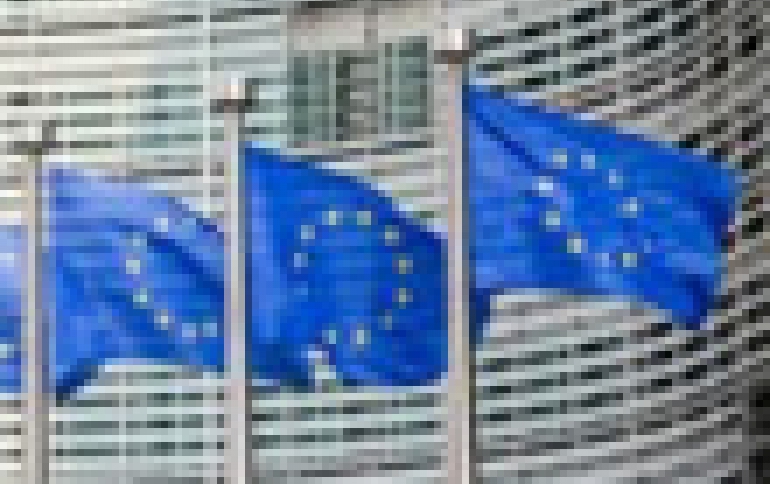
Eurpope Outlines Digital Single Market Strategy, Launches e-commerce Sector Inquiry
The European Commission (EC) will review the role of web giants such as Google, Facebook and Amazon to decide whether it should regulate them more tightly, it said on Wednesday. In addition, the Comission unveiled its plans to create a Digital Single Market. The EC launched an antitrust competition inquiry into the e-commerce sector in the European Union, in order to identify possible competition concerns affecting European e-commerce markets.
The sector inquiry will focus particularly on potential barriers erected by companies to cross-border online trade in goods and services where e-commerce is most widespread such as electronics, clothing and shoes, as well as digital content.
Margrethe Vestager, European Commissioner in charge of competition policy, said, "European citizens face too many barriers to accessing goods and services online across borders. Some of these barriers are put in place by companies themselves. With this sector inquiry my aim is to determine how widespread these barriers are and what effects they have on competition and consumers. If they are anti-competitive we will not hesitate to take enforcement action under EU antitrust rules."
The inquiry complements actions launched within the framework of the Digital Single Market Strategy adopted today.
More and more goods and services are traded over the internet but cross-border online sales within the EU are only growing slowly. The Commission's Digital Single Market Strategy published today identifies a number of regulatory barriers that hinder cross-border e-commerce. It proposes to address these and create an area where citizens and businesses can access and exercise online activities under conditions of free competition, irrespective of their nationality or place of residence.
There are also indications that businesses may themselves establish barriers to cross-border online trade, with a view to fragmenting the EU's Single Market along national borders and preventing competition. Those barriers may include contractual restrictions in distribution agreements that prevent retailers from selling goods or services purchased online or cross-border to customers located in another EU country.
Therefore, the Commission's competition sector inquiry will gather market information in order to better understand the nature, prevalence and effects of these and similar barriers erected by companies, and to assess them in light of EU antitrust rules.
In the coming weeks, the Commission will send requests for information to a range of stakeholders throughout the EU. The companies concerned may include, for example, manufacturers and wholesalers as well as e-commerce retailers. Under EU antitrust rules the Commission can require companies and trade associations to supply information, documents or statements as part of a sector inquiry.
The Commission expects to publish a preliminary report for consultation in mid-2016. The final report is expected in the first quarter of 2017.
A Digital Single Market for Europe
The European Commission plans to create a Digital Single Market.
At present, barriers online mean citizens miss out on goods and services: only 15% shop online from another EU country; Internet companies and start-ups cannot take full advantage of growth opportunities online: only 7% of SMEs sell cross-border. Finally, businesses and governments are not fully benefitting from digital tools. The aim of the Digital Single Market is to tear down regulatory walls and finally move from 28 national markets to a single one.
The Digital Single Market Strategy includes a set of targeted actions to be delivered by the end of next year. It is built on three pillars: (1) better access for consumers and businesses to digital goods and services across Europe; (2) creating the right conditions and a level playing field for digital networks and innovative services to flourish; (3) maximising the growth potential of the digital economy.
The Commission will propose rules to:
- Make cross-border e-commerce easier
- Enforce consumer rules more rapidly and consistently
- Allow for more efficient and affordable parcel delivery
- End unjustified geo-blocking
- Identify potential competition concerns
- Create a modern, more European copyright law
- Review of the Satellite and Cable Directive to assess
- Reduce the administrative burden businesses face from different VAT regimes
The EC will also analyse the role of online platforms (search engines, social media, app stores, etc.) in the market. This will cover issues such as the non-transparency of search results and of pricing policies, and will also look into how to best tackle illegal content on the Internet.
The Digital Single Market project team will deliver on these different actions by the end of 2016. With the backing of the European Parliament and the Council, the Digital Single Market should be completed as soon as possible.













